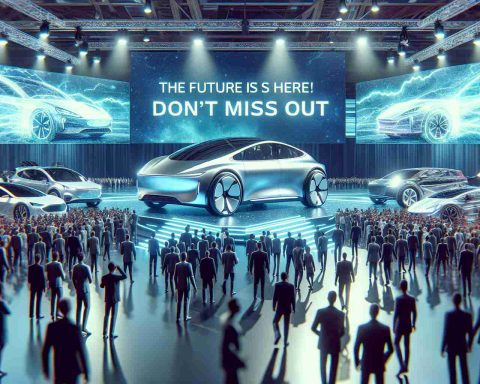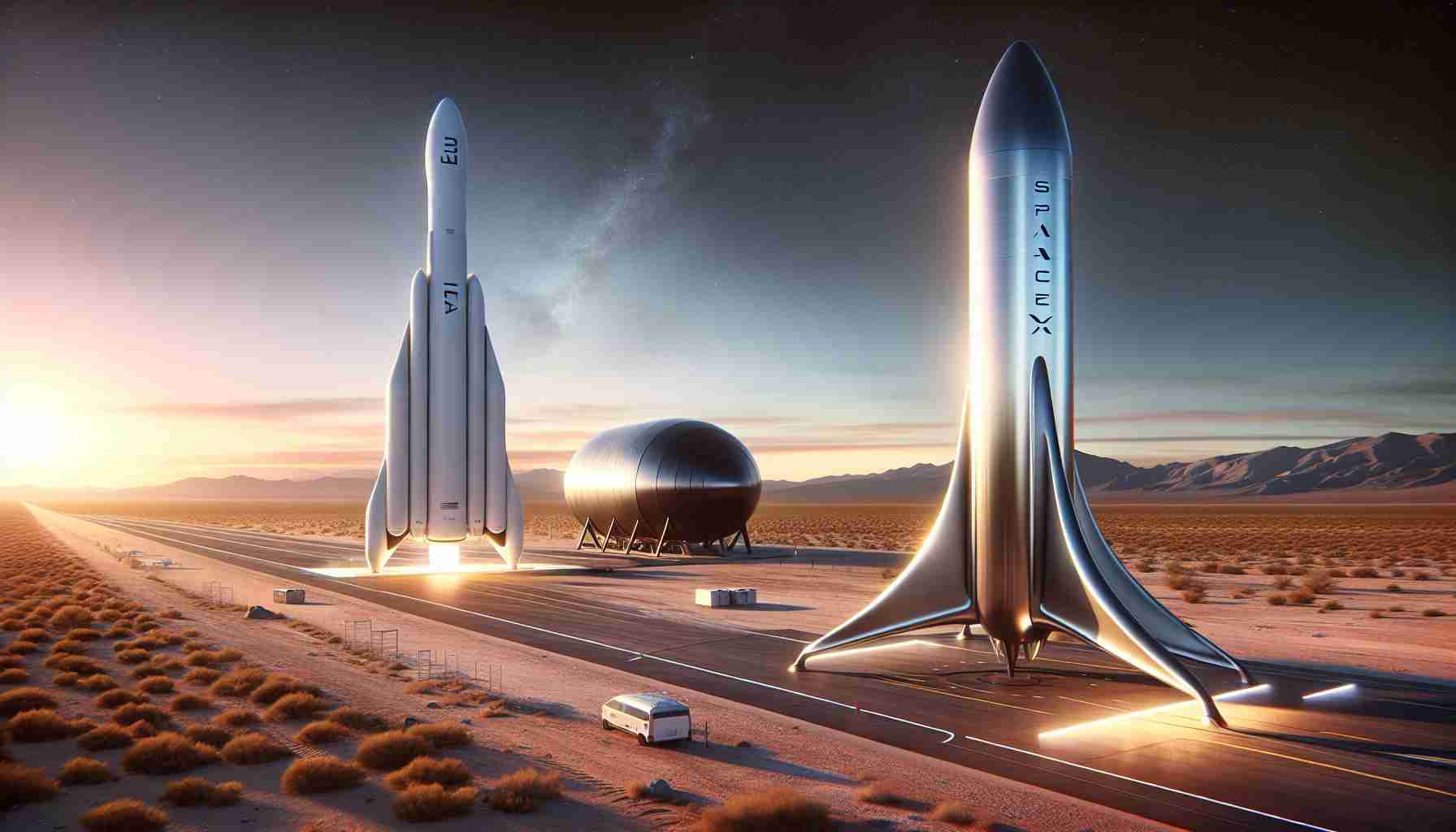The future of heavy-duty trucking is reshaping with a bold move from Hyundai. The company’s new XCIENT hydrogen fuel cell semi trucks have officially launched in Georgia, marking a significant milestone in the transportation industry.
Hyundai’s XCIENT trucks will serve at the Hyundai Motor Group Metaplant America (HMGMA) and will be crucial for logistics operations. Working alongside Glovis America, a transport company, Hyundai is deploying a fleet of 21 XCIENT trucks. Each vehicle boasts electric motors providing an impressive 470 horsepower and 1650 lb-ft of torque without the need for RPM, offering smooth and efficient operation.
These innovative trucks feature an Allison 400 Series six-speed automatic transmission, ensuring efficiency at high speeds, unlike many traditional electric vehicles. With an estimated range of around 400 kilometers (approximately 250 miles), these trucks will facilitate seamless transportation within the facility.
The collaboration aims to create a closed-loop hydrogen logistics ecosystem, enhancing the sustainability of manufacturing processes. As part of this initiative, a mobile hydrogen refueling station will be established at the Georgia site, allowing for streamlined operations and monitoring of hydrogen issues.
With significant backing, Hyundai is set to challenge the narrative around hydrogen in trucking. The deployment of the XCIENT marks a pivotal step towards a greener, more efficient logistics landscape, redefining possibilities in heavy-duty transport.
Revolutionizing Heavy-Duty Transport: Hyundai’s Hydrogen Fuel Cell Trucks Are Here!
The Future of Heavy-Duty Trucking: Key Insights on Hyundai’s Innovation
The transportation industry is witnessing a transformative shift with Hyundai’s introduction of the XCIENT hydrogen fuel cell semi trucks in Georgia, signalling a crucial advancement in heavy-duty trucking. This deployment is not just a milestone for Hyundai; it is also a notable entry into sustainable logistics solutions.
# Features of the Hyundai XCIENT Trucks
The newly launched XCIENT trucks are equipped with impressive specifications that set them apart from traditional diesel trucks. Here are some key features:
– Power Output: Each XCIENT truck delivers an outstanding 470 horsepower.
– Torque Performance: They generate 1650 lb-ft of torque, facilitating stronger load-carrying capabilities.
– Transmission System: Featuring the Allison 400 Series six-speed automatic transmission, these trucks achieve high operational efficiency, enhancing fuel economy and performance at speed.
# Operational Range and Efficiency
These hydrogen semi-trucks boast an operational range of about 400 kilometers (approximately 250 miles), making them suitable for logistics operations within specified regions. Their hydrogen fuel cells contribute to a significant reduction in greenhouse gas emissions, aligning with global sustainability goals.
# Sustainability and Innovation
Hyundai’s initiative to create a closed-loop hydrogen logistics ecosystem represents a monumental stride towards sustainable manufacturing and transportation. This innovative ecosystem aims to minimize reliance on fossil fuels, benefiting the environment while also meeting the logistical needs of modern industries.
Additionally, a mobile hydrogen refueling station will be installed at the Hyundai Motor Group Metaplant America facility in Georgia. This station ensures efficient refueling processes and allows for continuous operation without major downtime.
# Pros and Cons of Hydrogen Fuel Cell Trucks
Pros:
– Environmentally friendly with reduced emissions.
– Lower operational costs due to fuel efficiency.
– High torque and power output suited for heavy loads.
Cons:
– Limited range compared to some modern diesel trucks.
– Infrastructure for hydrogen refueling is still developing.
– Initial costs can be higher than traditional trucks.
# Market Impact and Future Predictions
Hyundai’s advancements are poised to influence the heavy-duty truck market significantly. As they challenge perceptions of hydrogen technology in logistics, we can expect an increase in similar innovations across the industry. Analysts predict that as the infrastructure for hydrogen refueling expands, more companies will adopt hydrogen fuel cell technology, transforming freight transport into a more sustainable mode.
Conclusion: A Step Towards Green Logistics
The launch of Hyundai’s XCIENT hydrogen fuel cell trucks in Georgia is a pivotal step towards shaping a greener future for the logistics industry. With robust performance features and a commitment to sustainability, Hyundai is not only enhancing efficiency in heavy-duty transport but also redefining industry standards.
For further insights into automotive innovations and sustainable practices, visit Hyundai.








